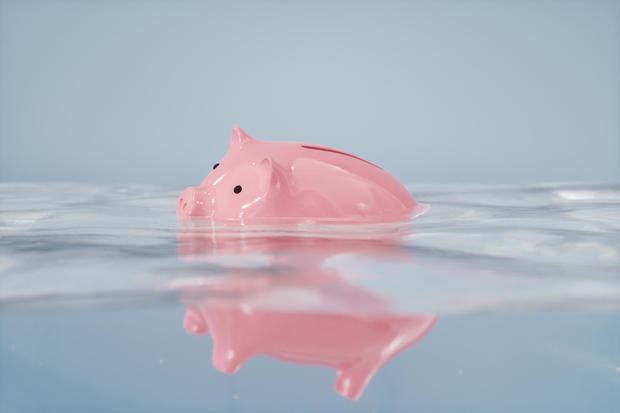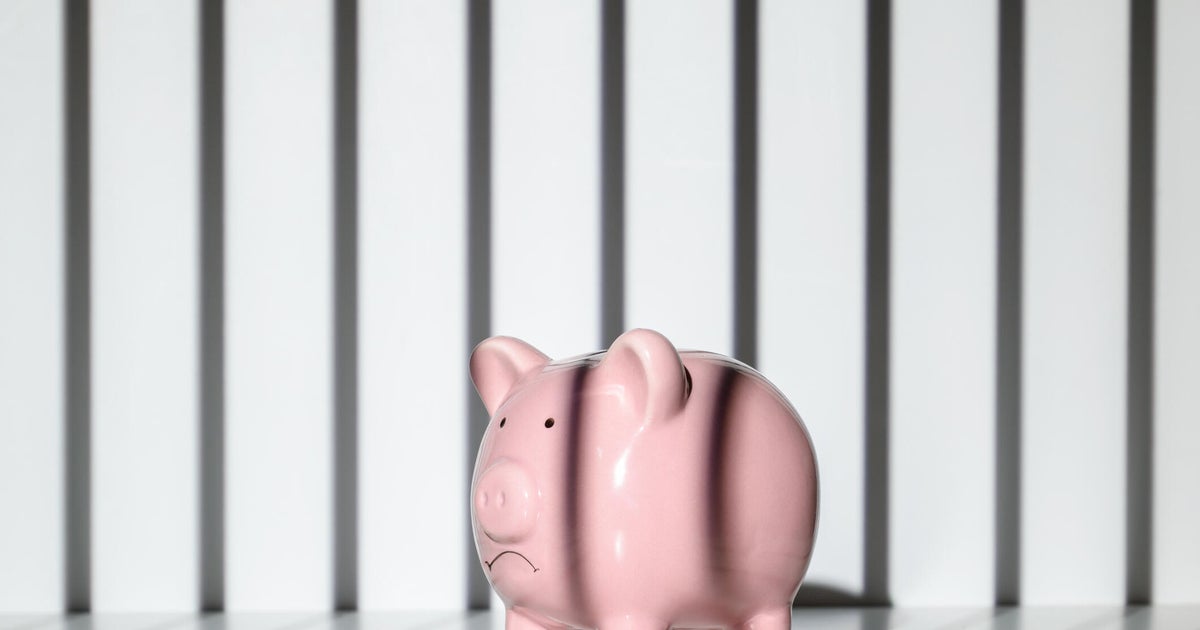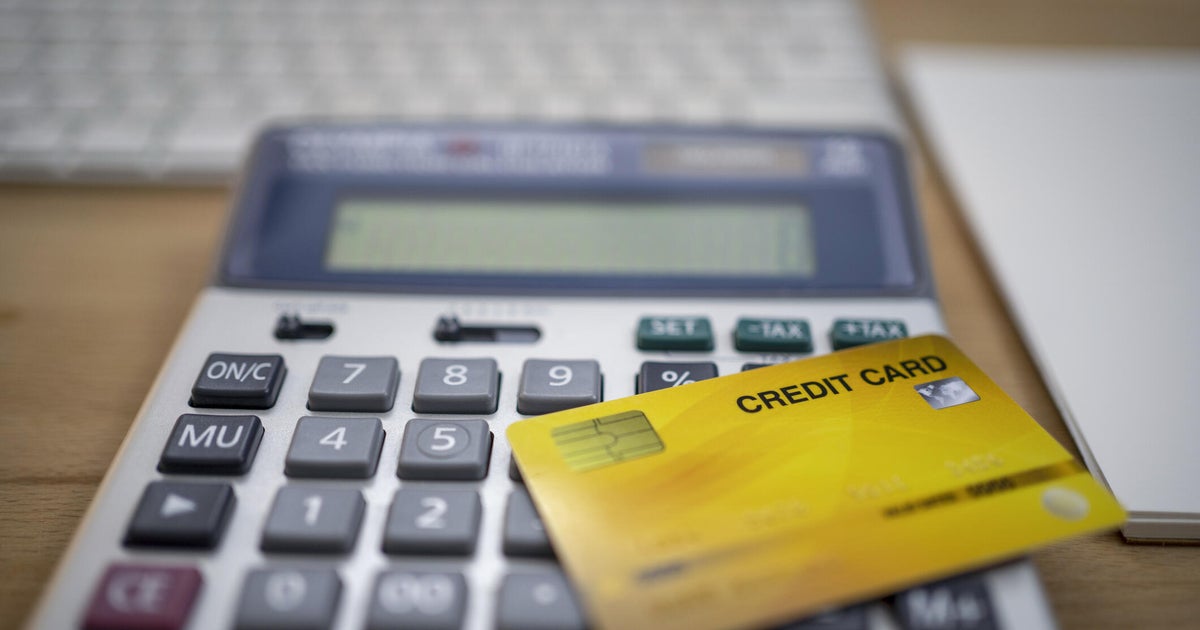Make these 7 moves now to get your credit card debt under control
Whether you're planning to take out a mortgage loan on a home, using a personal loan for debt consolidation or buying a car with an auto loan, chances are that you'll be paying a lot more to borrow money than you would have just a few years ago. After all, the Federal Reserve has kept rates elevated at a 23-year high over its last several meetings to continue to chip away at the issues caused by high and persistent inflation.
And, while rates are high across the board, they're very high for one borrowing tool in particular right now: credit cards. As of late June, the average credit card rate was closing in on 22% — and depending on your borrower profile, credit score and other factors, you may have cards with rates that are much higher than the average. It's not unheard of for borrowers with low credit scores or high debt-to-income ratios to be offered credit cards with rates closer to 30%, for example.
But even if your credit card rates are on the lower end, this type of debt can compound quickly if you aren't paying it off in full, meaning that any balance you carry from month to month is at risk of spiraling out of control, leaving you financially stressed. The good news is, though, that by taking decisive action and implementing smart strategies, you can regain control of your credit card debt and work toward becoming debt-free.
Discover the top debt relief options available to you here.
7 moves to make to get your credit card debt under control
Here are the key moves you should make now to tackle your credit card debt:
Take stock of your debt
The first step in conquering credit card debt is to get a clear picture of what you owe. Gather all your credit card statements and make a list of the following:
- Each card's balance
- The associated interest rates
- Minimum payment requirements for each card
- Due dates for each payment
Having this overview on hand will help you understand the full scope of your debt and prioritize your payoff strategy.
Explore the debt relief programs offered by today's top debt relief companies.
Stop using your credit card
To prevent your credit card debt from growing further, stop using your credit cards for new purchases. Switch to cash or a debit card for daily expenses — even if it's a less convenient way to pay. This "cash diet" can help you become more aware of your spending habits and help you immediately avoid adding to your existing debt.
Create a realistic budget
Develop a comprehensive budget that accounts for all your income and expenses. Look for areas where you can cut back on spending to free up more money for your credit card debt repayment. And, be honest with yourself about what expenses are truly necessary and where you can make sacrifices now to achieve long-term financial health.
Negotiate with your credit card companies
Many people don't realize that credit card terms are often negotiable, especially if you're having trouble making your payments due to a job loss, medical issue or another type of temporary hardship. If you're facing a similar situation, it may help to contact your credit card issuers and ask about lowering your interest rates, waiving annual fees or enrolling in a hardship program. After all, even a small reduction in interest rates can save you significant money over time and help you pay off your debt faster.
Consider balance transfer options
If you have good credit, you may qualify for a balance transfer credit card with a 0% introductory APR period. Transferring your high-interest credit card balances to the right balance transfer card can offer you a temporary reprieve from accruing interest, allowing more of your payments to go toward the principal.
If you take this route, though, be sure to factor in balance transfer fees, which can add to the cost of your credit card debt. And, be sure to have a plan to pay off the balance before the promotional period ends. Otherwise, you'll just end up paying hefty interest on the balance moved to the new credit card account instead.
Seek help from a debt relief expert
If you're feeling overwhelmed or struggling to make progress on your own, don't hesitate to seek professional help. There are both non-profit credit counseling agencies and debt relief companies that can provide personalized advice — and you may need to talk to a couple of experts before deciding what's right for you. For example, a credit counselor from a reputable debt relief company may be able to help decide whether a credit card debt forgiveness program, a debt consolidation program or a debt management program is the best option for your situation.
Explore other debt consolidation alternatives
You don't have to work with a debt relief agency to consolidate your debts. While many debt relief agencies offer credit card debt consolidation programs with loans issued by their lender partners, there are multiple routes to consolidate your credit card debts into a single loan with a lower interest rate. And, doing so can simplify your repayment process and potentially save you money. Your other options include:
- Personal loans
- Home equity loans or lines of credit (if you're a homeowner)
- Debt consolidation loans through traditional financial institutions
Each debt consolidation loan option differs, so be sure to carefully compare terms and fees before choosing a consolidation option.
The bottom line
Getting your credit card debt under control typically requires commitment, discipline and a solid plan. By implementing these key moves, you can take charge of your financial future and work towards a debt-free life. And remember, every step you take, no matter how small, brings you closer to your goal of financial freedom. So stay focused, be patient with yourself and celebrate your progress along the way.




